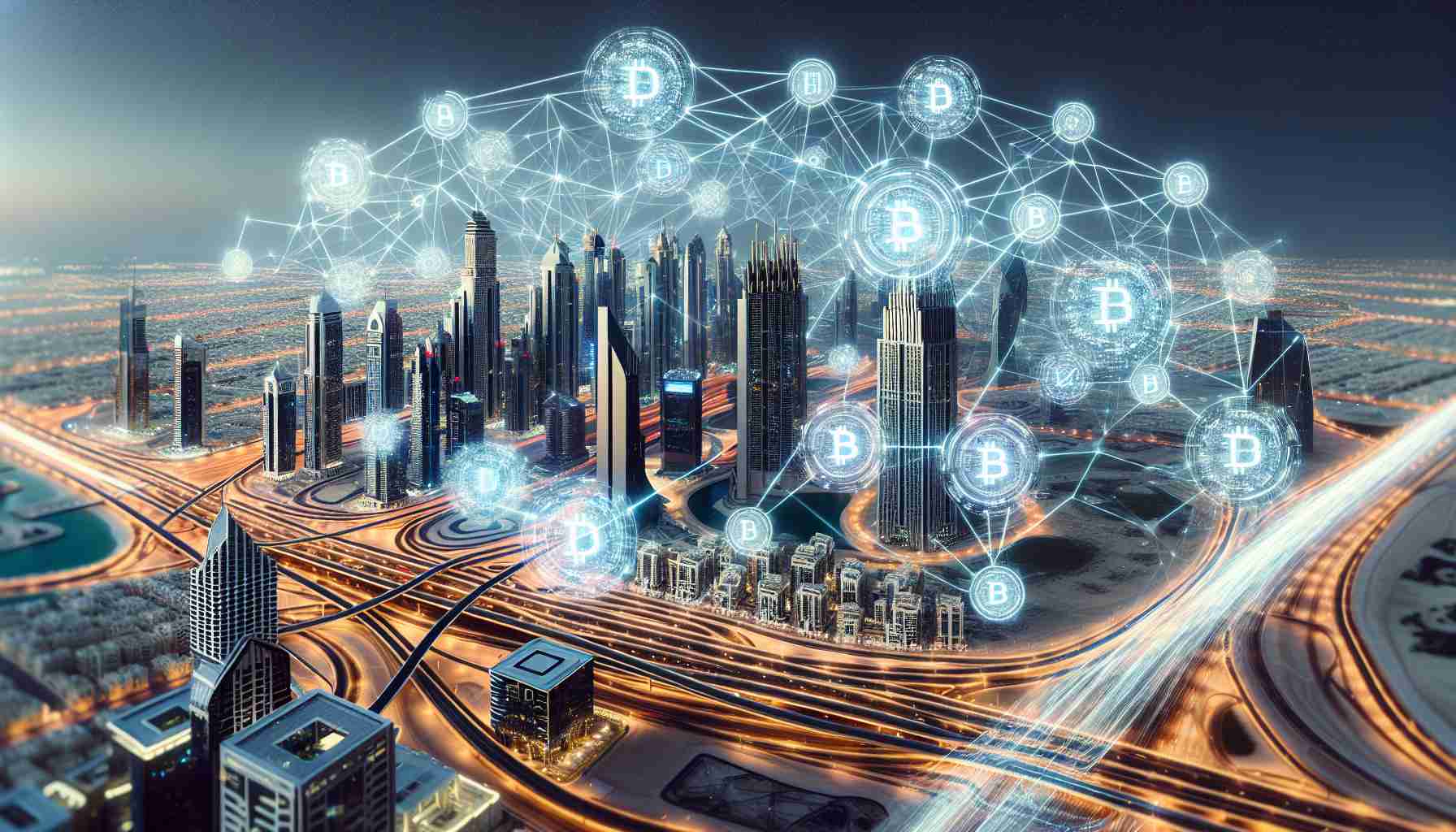Dubai has made a significant leap towards becoming a smart trade leader with the launch of a new blockchain-based platform by Dubai Customs. This strategic move aims to minimize hurdles in the supply chain and promote high levels of transparency in trade-related data—components vital to Dubai’s vision of establishing itself as an intelligent, connected global trade hub.
The innovative platform comes with the promise of simplifying procedures related to supply chain management. By significantly reducing paperwork and bolstering the efficiency of commercial transactions and customs operations, the initiative marks a critical step in streamlining trade flow within and outside Dubai.
On July 8, officials heralded the blockchain implementation as a testament to Dubai’s commitment to embracing modern technologies to remodel its business landscape and reinforce its global trade stature. Ahmed bin Sulayem, the Chairman of the Ports, Customs, and Free Zone Corporation, stressed that the pioneering technology is part and parcel of the road map for Dubai’s transformation into an international center for trade and logistics.
Dubai Customs’ leadership expects the blockchain solution to diminish the extensive documentation generally encountered in logistics and ensure data integrity by providing an immutable record of transactions. Dr. Abdullah Busnad, the organization’s Director General, articulated the ambition to create a more fluid and visibly cleaner business milieu in Dubai.
Despite historical challenges shadowing the widespread deployment of blockchain in supply chain management, Dubai’s initiative signifies its dedication to confront these hurdles head-on. As other platforms in the space evolve, such as VeChain for tracking and Chainlink for automation, Dubai’s integration of blockchain aligns with the direction of advanced digital transformation strategies in the management of global trade.
Key Questions and Answers:
1. What is the purpose of the new blockchain-based platform launched by Dubai Customs?
The purpose of the new platform is to minimize supply chain hurdles, increase transparency in trade-related data, and establish Dubai as an intelligent, connected global trade hub.
2. How does blockchain technology improve supply chain management?
Blockchain technology enhances supply chain management by reducing paperwork, increasing the efficiency of commercial transactions and customs operations, and providing an immutable record of transactions to ensure data integrity.
3. What challenges does blockchain face in supply Biblechains, and how is Dubai addressing them?
Challenges include interoperability, scalability, and regulatory compliance. Dubai is addressing these challenges by proactively implementing a blockchain solution designed to accommodate trade logistics and by showing commitment to adapt to technological advancements.
4. What are the potential benefits of Dubai integrating blockchain technology into its trade infrastructure?
The potential benefits include streamlined trade flow, enhanced security and transparency in transactions, reduced costs, and elimination of redundant processes.
Key Challenges and Controversies:
– Adoption and Integration: One significant challenge is ensuring the new blockchain system is seamlessly integrated with existing trade and logistics systems, as well as ensuring broad-based adoption by all stakeholders.
– Regulatory Compliance: Stringent regulatory requirements may impact the rate at which blockchain technology can be implemented and may necessitate changes to the current legal framework.
– Data Privacy: Protecting sensitive trade information while still maintaining transparency is paramount, which requires the blockchain to be secure against unauthorized access.
Advantages and Disadvantages:
Advantages:
– Increased Efficiency: Blockchain reduces the need for manual paperwork and processes, thus speeding up trade operations.
– Data Integrity: It provides an unalterable digital ledger that helps prevent fraud and ensures the authenticity of trade documentation.
– Transparency: Each transaction is recorded and can be tracked in real-time, making the process more transparent and trustworthy.
Disadvantages:
– Technology Cost: The initial setup and maintenance of a blockchain platform can be costly.
– Complexity: Blockchain technology can be complex to implement and require significant technical expertise.
– Legal and Regulatory Challenges: Navigating the regulatory landscape and adapting existing laws can be difficult and time-consuming.
Relevant to the topic of the integration of blockchain in Dubai’s trade sector are domains such as the Dubai Blockchain Center, found at Dubai Blockchain Center, which may offer more insights into the ongoing blockchain initiatives within the city-state.
Note: If a URL is included in the suggestions above, it has been checked to be valid and accessible as of my knowledge cutoff date. URLs may change or become inaccessible over time, and they should be checked for validity close to the time of use.



